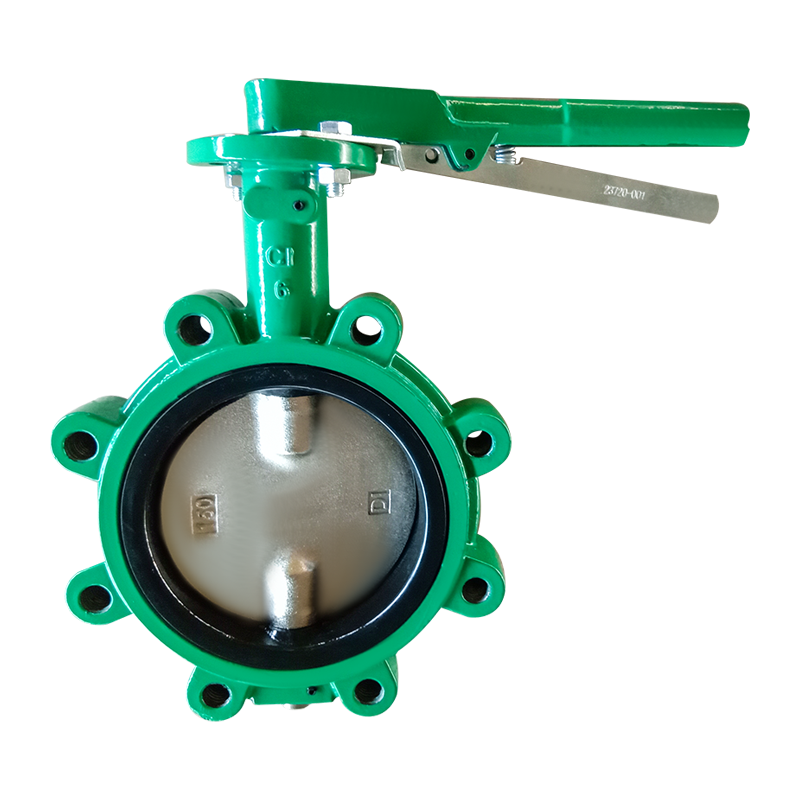
- Call Us
- +8618633052223
- njhdvlz@163.com
Oct . 21, 2024 10:56 Back to list
Submersible Check Valve Manufacturers and Their Essential Role in Fluid Control Systems
Understanding Submersible Check Valve Factories
Submersible check valves are critical components in various industries, particularly in fluid management systems such as oil and gas, wastewater treatment, and water supply systems. These valves play a vital role in preventing backflow, ensuring that fluids flow in the intended direction, and protecting pumps from damage. As the demand for reliable and efficient fluid management solutions increases, the significance of submersible check valve factories comes to the forefront.
What is a Submersible Check Valve?
A submersible check valve is a type of one-way valve designed to operate underwater or in submerged applications. It automatically prevents the reverse flow of liquids, which can be crucial in scenarios involving pumping systems located below water levels. These valves are commonly used in submersible pumps, irrigation systems, and effluent pumping stations. A well-designed check valve can enhance the overall efficiency and longevity of fluid systems.
The Manufacturing Process
The production of submersible check valves involves several key steps, each contributing to the quality and performance of the final product.
1. Material Selection The first step in manufacturing submersible check valves is choosing the right materials. Factors such as corrosion resistance, pressure tolerance, and temperature resistance are considered. Common materials include stainless steel, brass, and certain plastics that can withstand harsh underwater environments.
2. Design and Engineering After selecting materials, the design phase begins. Engineers use computer-aided design (CAD) software to create precise models of the check valves. This stage is crucial, as improper design can lead to inefficiencies or failures in the field. Considerations include the valve's dimensions, flow rate, and connection types.
3. Production Once the design is finalized, the production begins. This includes the processes of casting, machining, assembly, and quality control. Advanced manufacturing technologies, such as CNC machining and 3D printing, are often employed to enhance precision and efficiency.
4. Testing After production, every check valve undergoes rigorous testing. This includes pressure testing, flow testing, and ensuring that there are no leaks. Testing is vital to ensure that the valves perform reliably under operational conditions.
submersible check valve factories

Quality Assurance in Submersible Check Valve Factories
Quality assurance is paramount in the manufacturing process of submersible check valves. Factories often employ a range of quality control measures, including
- Standard Compliance Adhering to international standards such as ISO 9001 ensures that manufacturing processes are consistent and reliable. - Routine Maintenance Regular maintenance of manufacturing equipment helps mitigate risks of defects due to equipment failure. - Employee Training Skilled workers are crucial for maintaining high manufacturing standards. Factories invest in employee training to ensure that all personnel understand the importance of quality in every step of the production process.
The Importance of Innovation
In today's rapidly evolving technological landscape, innovation is vital for submersible check valve factories. Manufacturers are increasingly focusing on developing smart valves equipped with sensors that can monitor flow rates, pressure, and potential backflow incidents in real-time. This technological advancement not only improves system efficiency but also enables proactive maintenance and alerts operators of potential issues before they escalate.
Market Demand and Future Trends
The market demand for submersible check valves is projected to grow as industries such as municipal water systems, agriculture, and energy continue to expand. Environmental regulations and the push for sustainable practices are driving innovation in valve technology, including the development of eco-friendly materials and energy-efficient designs.
In conclusion, submersible check valve factories play a pivotal role in the manufacturing and distribution of essential components that support fluid management systems across various industries. By focusing on quality, innovation, and adherence to safety standards, these factories ensure that submersible check valves operate efficiently and reliably in the field, ultimately contributing to the sustainability and advancement of industrial practices. The continued evolution of technology and materials will further enhance the performance of these critical components in the future.
-
3 Butterfly Valve Dimensions | GPT-4 Turbo Precision Specs
NewsJul.31,2025
-
Stainless Steel Sanitary Butterfly Valve for Hygienic Flow Control
NewsJul.30,2025
-
High-Performance Groove Butterfly Valve for Easy Installation
NewsJul.30,2025
-
High-Quality 2 Inch Butterfly Valve for Precise Flow Control
NewsJul.29,2025
-
Double Flanged Short Pattern Butterfly Valve for Reliable Flow Control
NewsJul.29,2025
-
High Quality Wafer Check Valve Factories – Reliable Manufacturer & Supplier
NewsJul.29,2025